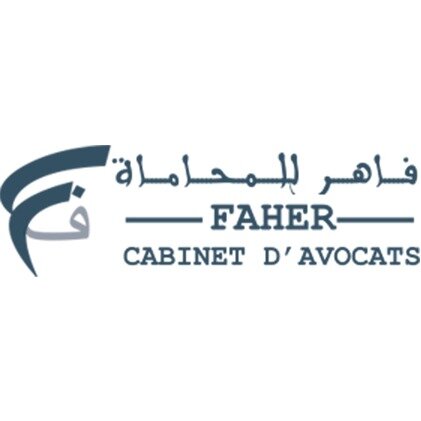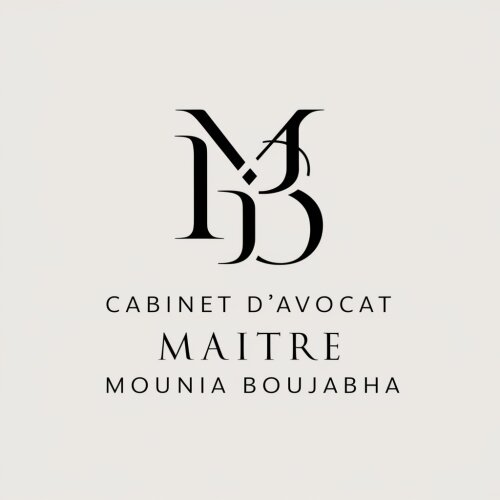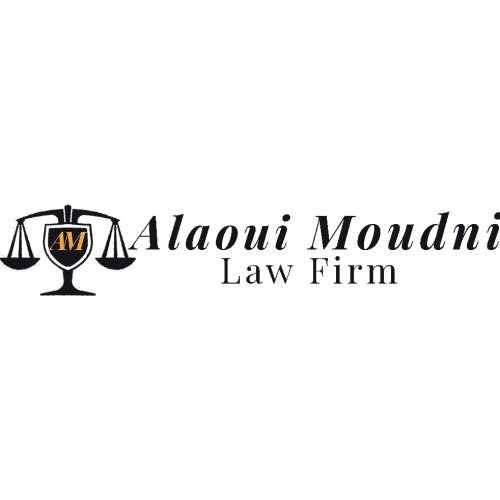Best Family Lawyers in Casablanca
Share your needs with us, get contacted by law firms.
Free. Takes 2 min.
Free Guide to Hiring a Family Lawyer
List of the best lawyers in Casablanca, Morocco
About Family Law in Casablanca, Morocco
Family law in Casablanca, Morocco is primarily based on Islamic law, also known as Sharia. It governs various aspects of family life, including marriage, divorce, child custody, inheritance, and maintenance obligations.
Why You May Need a Lawyer
Seeking legal assistance in family matters can be crucial in situations such as:
- Marriage or divorce proceedings
- Child custody disputes
- Adoption or guardianship processes
- Drafting prenuptial or postnuptial agreements
- Inheritance disputes
Local Laws Overview
Some key aspects of family law in Casablanca, Morocco include:
- Polygamy: Polygamy is legal in Morocco, but additional conditions and restrictions apply.
- Mahr: Mahr refers to the mandatory marriage gift or dowry provided by the husband to the wife. It is an important element in Islamic marriages.
- Divorce: Divorce can be obtained through judicial proceedings, and both spouses have specific rights and obligations during and after the divorce process.
- Child Custody: Child custody decisions prioritize the best interests of the child, but are influenced by gender and age. Mothers usually have custody of young children, while older children may have a say in the custody arrangement.
- Inheritance: Islamic law governs inheritance, with certain portions allocated to specific family members. However, individuals can make arrangements through legal wills to distribute assets as per their wishes.
Frequently Asked Questions
Q: How is marriage regulated in Casablanca, Morocco?
A: Marriage in Casablanca, Morocco must adhere to Islamic law. Both parties must provide consent, and certain conditions and legal procedures must be followed, including the registration of the marriage at the appropriate authorities.
Q: What are the grounds for divorce in Casablanca, Morocco?
A: Divorce can be initiated by either party and may be granted for various reasons, including irreconcilable differences, breach of marital duties, cruelty, or mutual agreement. However, divorce requests must be supported by evidence and may require judicial proceedings.
Q: What factors are considered in determining child custody?
A: Child custody decisions prioritize the best interests of the child. Factors such as the child's age, health, and their emotional bond with each parent are taken into account. The mother usually has custody of young children, but older children may have some influence on the custody arrangement.
Q: Is it possible to modify child custody arrangements?
A: Yes, child custody arrangements can be modified if there are significant changes in circumstances or if it is deemed to be in the best interests of the child. However, modification requests must be submitted to the court with supporting evidence.
Q: How is inheritance regulated in Casablanca, Morocco?
A: Inheritance in Casablanca, Morocco follows Islamic law. The law outlines specific portions of an estate that should be allocated to various family members. However, individuals can create legal wills to distribute their assets differently, subject to certain limitations.
Additional Resources
For further information and legal assistance related to family law in Casablanca, Morocco, consider contacting:
- The Moroccan Ministry of Justice: Website: www.justice.gov.ma
- The Bar Association of Casablanca: Phone: +212 522 302030
- The Morocco Women's Rights Association (MWRA): Website: www.mwra.ma
Next Steps
If you require legal assistance or advice regarding family matters in Casablanca, Morocco, it is recommended that you:
- Consult with a specialized family lawyer who is familiar with Moroccan family law.
- Provide all relevant documentation and information regarding your case to the lawyer.
- Discuss your concerns, objectives, and any potential legal actions you may wish to take.
- Follow the lawyer's guidance and instructions throughout the legal process.
- Maintain open communication and promptly respond to any inquiries or requests from your lawyer.
Lawzana helps you find the best lawyers and law firms in Casablanca through a curated and pre-screened list of qualified legal professionals. Our platform offers rankings and detailed profiles of attorneys and law firms, allowing you to compare based on practice areas, including Family, experience, and client feedback.
Each profile includes a description of the firm's areas of practice, client reviews, team members and partners, year of establishment, spoken languages, office locations, contact information, social media presence, and any published articles or resources. Most firms on our platform speak English and are experienced in both local and international legal matters.
Get a quote from top-rated law firms in Casablanca, Morocco — quickly, securely, and without unnecessary hassle.
Disclaimer:
The information provided on this page is for general informational purposes only and does not constitute legal advice. While we strive to ensure the accuracy and relevance of the content, legal information may change over time, and interpretations of the law can vary. You should always consult with a qualified legal professional for advice specific to your situation.
We disclaim all liability for actions taken or not taken based on the content of this page. If you believe any information is incorrect or outdated, please contact us, and we will review and update it where appropriate.
Browse family law firms by service in Casablanca, Morocco
Casablanca, Morocco Attorneys in related practice areas.














